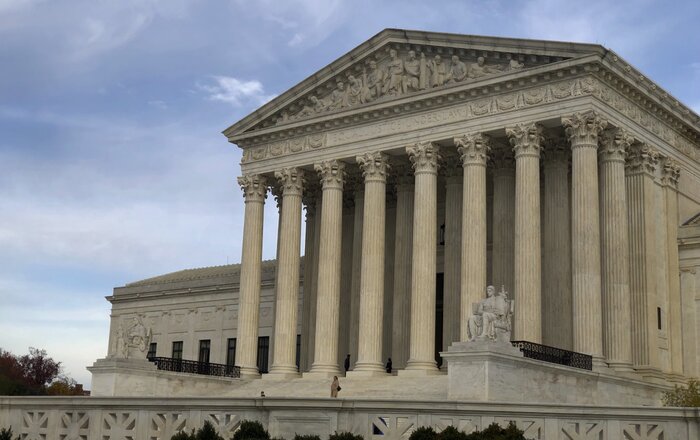Editorial Standards
Rosenblum Law is committed to delivering informative content of the highest quality. All content is subject to our rigorous editorial standards for relevance, accuracy, sourcing, and objectivity. Everything is fact-checked by an editor and reviewed for legal soundness by one of our practicing attorneys prior to being published.
How to Cite Rosenblum Law’s Article
APA
Adam H. Rosenblum (Jul 10, 2010). Municipal Court Appeal in Passaic Superior Court Won by Rosenblum. Rosenblum Law Firm, https://rosenblumlaw.com/passaic-municipal-court-appeal-in-passaic-superior-court/
MLA
Adam H. Rosenblum "Municipal Court Appeal in Passaic Superior Court Won by Rosenblum". Rosenblum Law Firm, Jul 10, 2010. https://rosenblumlaw.com/passaic-municipal-court-appeal-in-passaic-superior-court/


